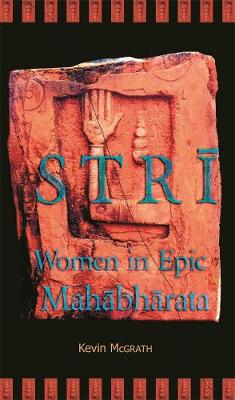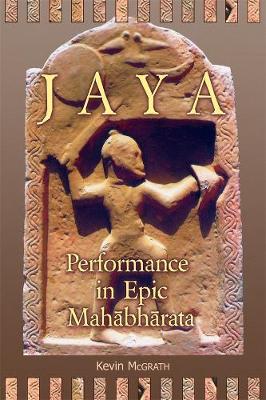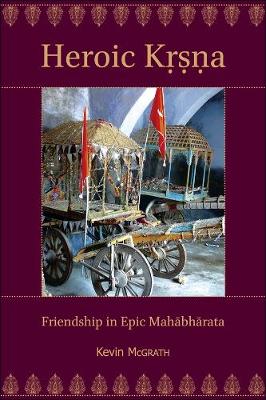Hellenic Studies - Ilex (HUP)
3 total works
This book is a study of heroic femininity as it appears in the epic Mahabharata, and focuses particularly on the roles of wife, daughter-in-law, and mother, on how these women speak and on the kinship groups and varying marital systems that surround them. It portrays those qualities that cohere about women in the poem, which are particular to them and which distinguish them as women, and describes how women heroes function as crucial speakers in the generation and maintenance of cultural value and worth. This includes men who have been transformed into women and women who have been reincarnated as men. The overall method accomplishes an ethnography of text, describing a special aspect of the bronze age preliterate and premonetary world as it is represented by the actions and metaphors of Mahabharata. References to contemporary Indian cinema and popular culture support the narrative of the book, bringing modern valence to the arguments.
Jaya is a study of how the four poets of the Indian epic Mahabharata fuse their separate performances of the poem into a single and seamless work of art. The book examines in detail the different mnemonic forms engaged by this verbal activity focusing primarily on the distinction between what is seen and what is heard, as the poets stage and dramatize the four dimensions of their heroic song within one timely occasion. The subtle poetics of preliteracy and literacy which are compounded in one performance are demonstrated and made distinct in both a literary and a conceptual light. Jaya will be of interest to those who work in Sanskrit and Indian Studies, the Classics, Oral Traditions, Comparative Literature, and the traditions of archaic poetry.
Heroic Krsna is a portrait of a pre-Hindu and pre-classical figure of a superhuman hero who in time became the divinity Krsna, an incarnation of Visnu. This is a picture, drawn from the epic Mahabharata, of an archaic warrior who excelled as a charioteer; in fact this is the best depiction that we presently possess in any epic corpus of a charioteer type. Krsna is also described in his role of moral instructor, as poet and ambassador, and in the office of dual kingship with the dharmaraja Yudhisthira. There is no other representation of a complex friendship in the poem apart from what exists between Krsna and Arjuna, and this profound amity is completely founded on the activity of a charioteer and his hero. Cultural and poetic continuities from the Bronze Age Vedic world are shown to exist in this model of duality. Krsna is also an adept of the speech-act, for-apart from his charioteering-he accomplishes little in the epic except via the causality of speech: he is a master of "doing things with words." This book illustrates a heroic life which pre-exists the divine status of one of the most popular Indian deities of today.


